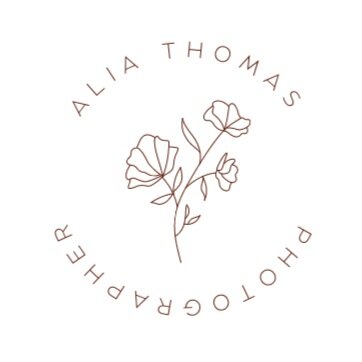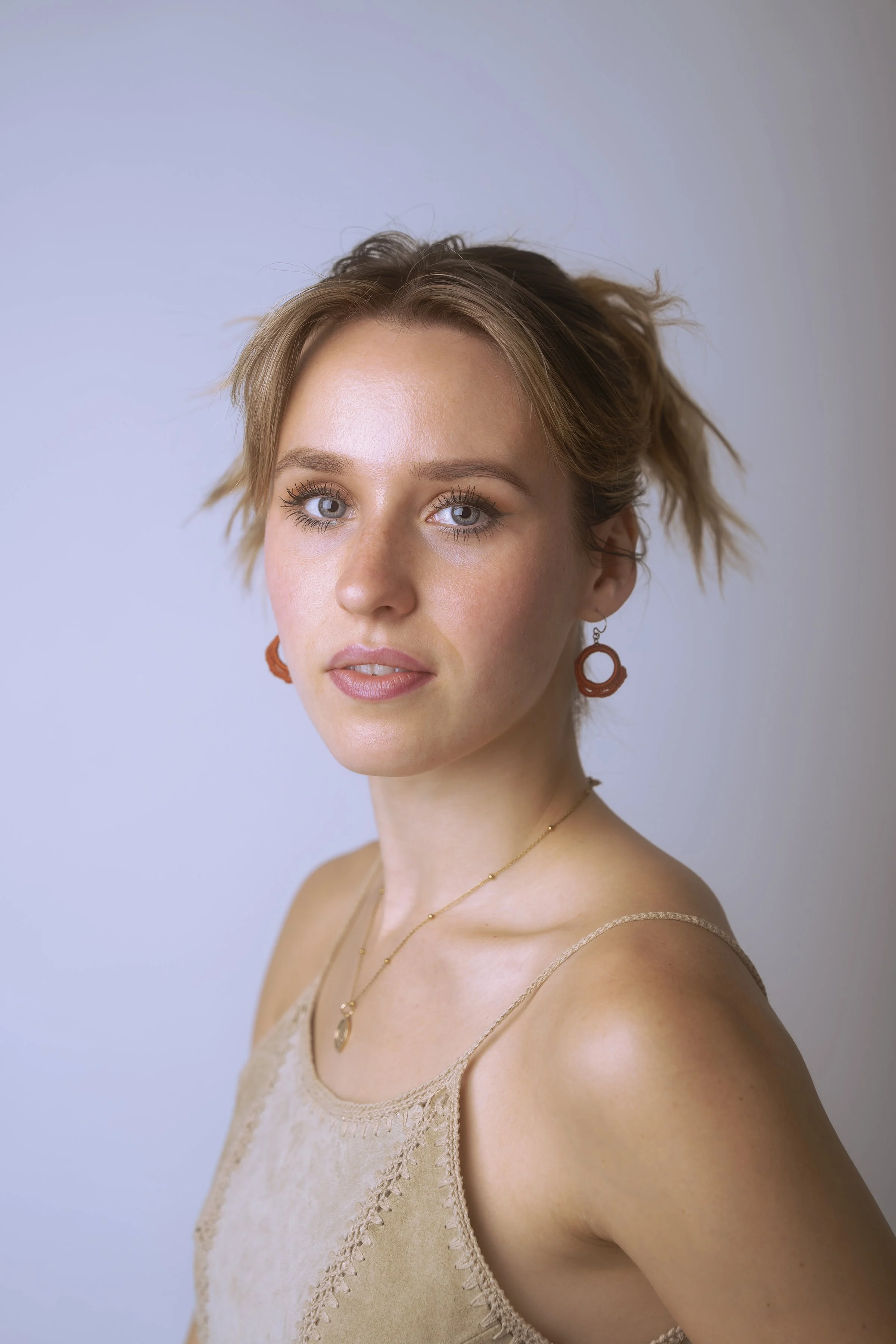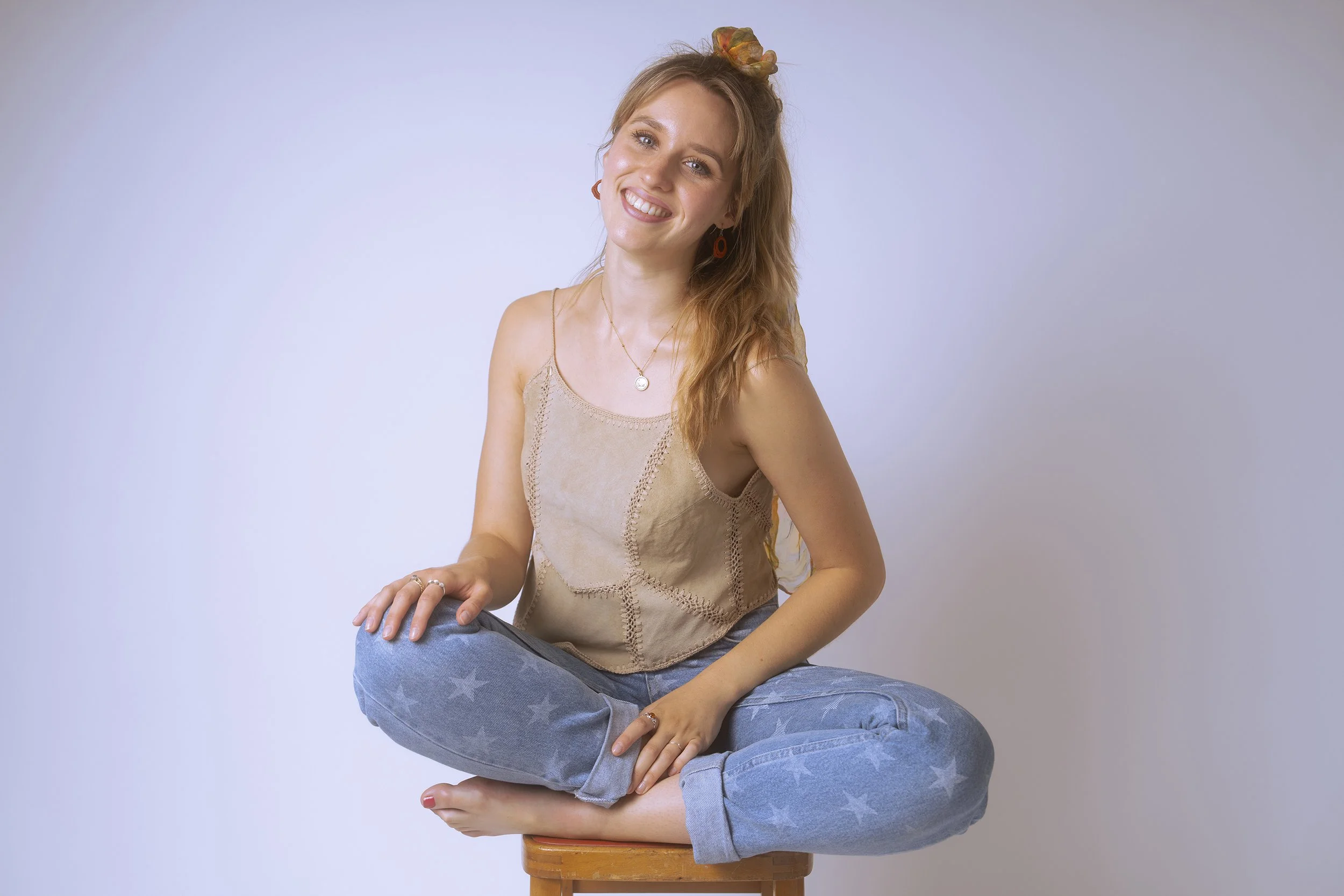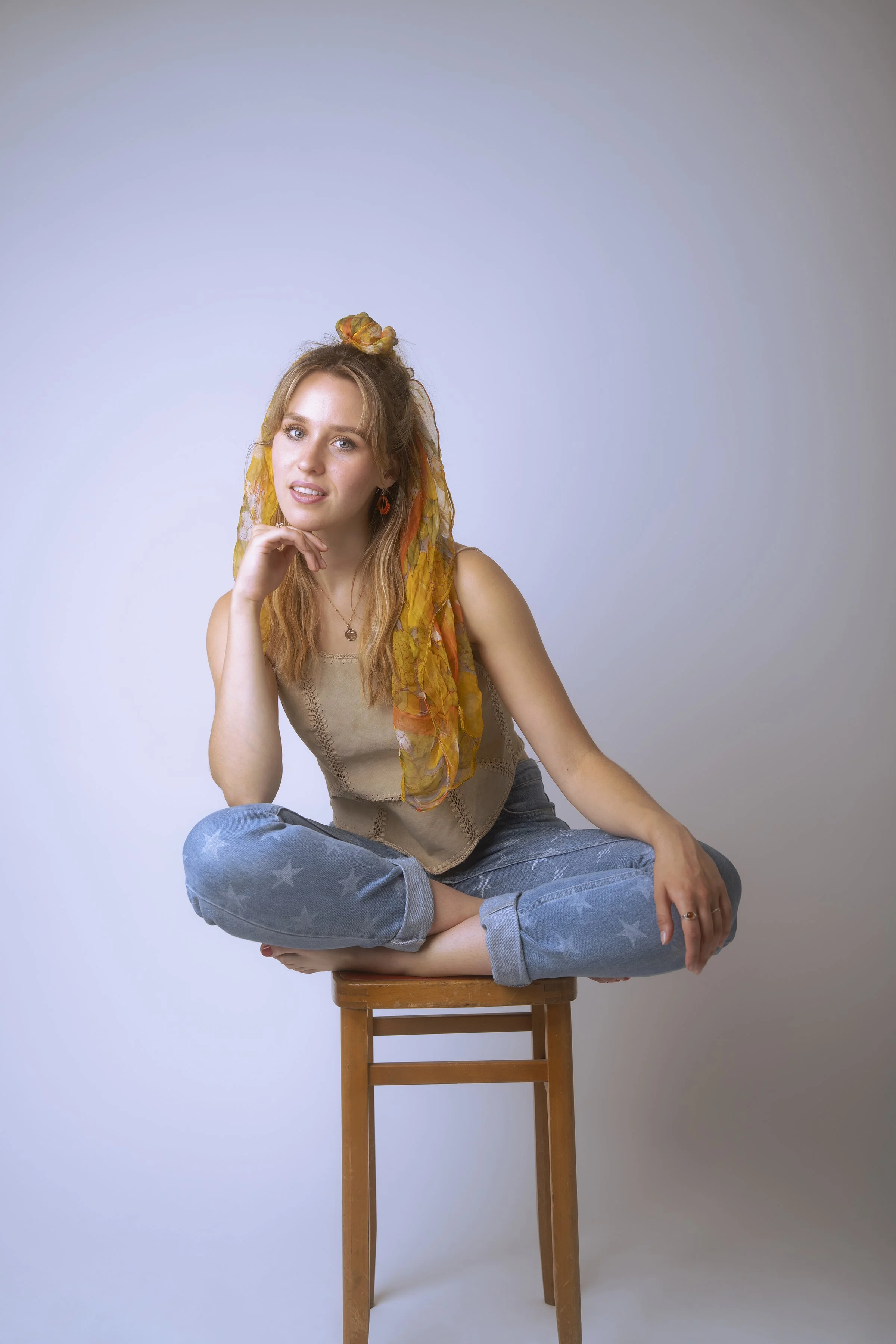Community is incredibly important for the human race, and no-one knows that better than Lucy Rachel from Southampton, who has based her career around creating community through music. She’s not only a talented singer-songwriter, but she’s also a music facilitator by profession, and the founder of Southampton jam night, The Dewdropper Jam. The connection throughout all of her work is using music as a tool for helping others, and bringing people together with it. We talk a lot about the importance of community, and the use of music as a tool, for improving mental health as well as communication for those who need additional help.
Could you introduce yourself - who are you, and what you do?
My name is Lucy Rachel, and I am an artist, a creative, I write music, I play music and I facilitate music within the local community and I just, I love anything and everything creative.
How did you get into music and song writing?
Well, sadly it was from the loss of a close friend who I met at drama school when I was studying musical theatre and dance. He was a songwriter and self-taught on guitar and piano. It was a way of navigating loss, anger and making sense of a complex world. I wrote on my phone, lyrics or poetry, to navigate really strong, heavy emotions that made me struggle to get through my day-to-day. So yeah, my emotions were intense, I needed to find a way to just sort of dig through them. Songwriting helped and helps me through grief, strong emotions and understanding the world.
And was it from there you taught yourself piano as well?
Yeah, I realised that I wanted to put music to my words. I was working with local musicians because I was going to jam nights and open mics and stuff but I wanted to do it all myself. In the witching hours of 4 a.m. I wanted to be a healthy insomniac and play, write, and make music. It was exciting, it was healthy, it was fun. My sadness and grief disappeared and then excitement and creativity replaced that. I got a really basic piano for my Birthday, I taught myself basic chords and the first song that I wrote on piano I've released recently.
That leads us nicely onto this next question because you've recently brought out two new songs, Cookie Crumbles and Girl You Knew off your upcoming EP which is very exciting. What were your inspirations for these particular songs?
Wow, so yeah there's five songs on the EP. I was going to release them all at once but my very smart, musical friends told me to do it one at a time because it's better industry standard.
So Girl You Knew is the first one and the first song I wrote. It was about seeing my first love with the girl that he dumped me for LOL - and because she was so different to me, it was a shock and I was navigating my first heartbreak from my first love. Girl You Knew has developed over the past two years from when I recorded it last month. At the time, I was very young, naive and my self-worth was at a different stage. I've had other partners and seen my friends go through things now too, so it became less of a heartbreak track and more of a growth track. I'm not the girl you knew, and I could be saying that to an old teacher or a family member or an ex-partner… People like to have their ideas of you but only you really know who you are.
Cookie Crumble, also about my first love, after we broke up I’d see him do things with his family who I loved and I was kind of jealous that I wasn't around the table eating with them and hanging out. I saw things online and thought, ‘that's just the way the cookie crumbles I guess’.
Sitting in my car, I was trying to navigate this feeling of jealousy but also sort of karma as well, because he had broken my heart, but I was doing well in my life, I began writing music regularly and was playing my first live gigs. It was rubbish seeing that, but also I'm doing something more productive than being swept up by a partner. Exploring how karma works, a lot of my stuff has little notes of getting bullied at school, like “egos under attack”, lots of people are mean when they've got an ego, it's just got so many layers to it and I feel like all my songs do have lots of layers to them.
I almost feel maybe I shouldn't talk too much about it because it should be up for the the listeners to interpret them, but I like to say Girl You Knew is an empowerment track about growing as a person, Cookie Crumble nodding to ‘karma's a bitch’, Dilute a self-affirming track to not change or dilute yourself for the wrong people, Body Doubler my ADHD, positive, community track to support people like myself who’ve felt the lonely low’s of being neurodiverse, then finally Seeds (Acoustic), a stripped-back poetic one about taking a step back to see how far you’ve come, and the delicate nature of how quick time can feel, so making sure to make time to honour the self-growth. My little omen and reminder to find peace with change and not knowing where you’re going.
Lucy Rachel, 2025 © Alia Thomas, please do not use without permission.
Do you find that a lot of your song inspirations come from personal experiences then?
Yeah it really does, because I'm neurodiverse, I really struggle to understand my emotions so I've always painted pictures and or expressed myself through dance, and because I don't dance as much anymore I definitely went from moving my body to communicate, to then using poetry and music to communicate. I can't just be like “oh I feel sad” because I don't know what I'm feeling, ever. I’m just always in a different world really, my own little world, trying to navigate stuff.
So it's a way that helps you process things?
Yes exactly.
How did you find the process of making your EP?
That is really hard to say. I have broken up with people, I have fallen in love with new people, I have learned a lot about myself and I have learned a lot about my childhood wounds, family stuff. It's been life-changing, it really has, and I don't want to sound dramatic and silly when I'm saying that because it really has been, and it's something I've always wanted to do and so I've been pinching myself the whole process because I feel so grateful.
Shout out to Phil Wilks, who is the incredible person that facilitated and produced the EP in his self-made home studio! Shout out to all the people that have been involved, my band and two best friends. I don't know how to put my feelings into words because I'm overwhelmed and it's still not finished yet. Still reveling in the overwhelm of love, creativity, sense of family.
My producer says that this EP is an insight into my mind, and I said “Phil it doesn't even touch the sides, it's only five tracks!” So I don't really know how to put it into words. I'm just extremely grateful and it has been the best memory of my life in my 25 years. I feel so grateful to be a musician and to have the opportunity to do this with such beautiful, talented, wonderful people. They're all musicians in their own rights, they're so inspiring, and they're all older than me, they're all men. I'm such a girl's girl, I love women, I'm proper girl power, but just the process of working with loads of safe men as a woman has been really healing for me. We’ve all had our dodgy experiences as a woman which I really want to mention and be transparent about, so it's been lush to just be with all these safe, wonderful men and be emotional and be vulnerable around them and it be a safe space. It's been great.
That’s really wonderful to hear. Outside of your music you do quite a lot of different things, different work, but one of the various things you do is your work as a community music practitioner. Could you explain a little bit about what that involves?
I work for various different charities and organizations and facilitate music sessions, drama workshops, dance workshops for children, young people, adults, old people, vulnerable and/or disabled individuals too. In these spaces we’re using music and creative subjects as a healing and mindfulness tool and I love it. I wish I had all of this stuff when I was growing up. I danced, but the dance was standard dance lessons, it wasn't like music for the mind or dance for mental health. I love how the conversation is more open in 2025 around mental health, as it breaks up families and diminishes a sense of community. But these initiatives bring people together, strangers together, where you find a new family that may suit you better. Prescribing community to anyone who feels lonely, I think is really important. Everybody needs people around them and it's really good to be creative, even if you don't see yourself as creative. I'm not a nine-to-five office girly. I love helping people and this is helping people creatively and I can pay my bills with it so it's just a win-win situation for me. I'm paid to do something that I enjoy just as much as the participant.
Lucy Rachel, 2025 © Alia Thomas, please do not use without permission.
That’s brilliant. So do you get them to play music or is it more so from listening to it?
It's so different. I’ve worked with MENCAP and there was a group with some nonverbal people, or people who are physically disabled. We just find ways of getting them to express themselves, so if you can't hold a guitar I can't teach you to play the guitar, but you can still move your body to music and make sound in other ways. There's ADHD kids who like to play the drums because it's a very physical instrument. I can't really put it into one sentence because I do such a variety of things, but you basically have a group of people in a room and we sort of see what they need and intuitively facilitate a session depending on who we have in the room, because everybody's different and everybody requires different things and different accessible measures.
What led you to choosing this sort of work particularly?
I didn't choose this sort of work, this sort of work found me. I was poorly and out of work with my mental health, so I got referred to SoCo music project. I didn't even know this was a thing. When you struggle the norm is to go to the GP, possibly get some medication, potentially counseling - this is so much better!
Addiction issues were pretty prominent within the sessions. Now I've never struggled with that personally, but being with a range of ages, with different lives and backgrounds felt really healing. The person who was facilitating the session really inspired me, I thought ‘I'd love to do what they were doing one day’. A job came up, and I didn't have any experience as a teacher or facilitator, I just went for it, and now I've been working in that line of work for the past three years. It's been the most intense, beautiful three years of my life, I've learnt so much. So much so, that I was inspired to set up my own business doing public speaking and training on neurodiversity and mental health, being the voice for people who can’t yet find theirs.
That’s really brilliant. Now, you are a big advocate for neurodiversity and mental health awareness as you’ve just mentioned, and from what we’ve previously discussed it sounds like this is due to somewhat of a living personal experience?
Yeah, 100%. Navigating the education system without a diagnosis, and then my family, the school and society at the time, having no awareness was really difficult. ADHD and Autism looks different on everyone. It’s taken a lot of medical negligence and self advocacy and resilience to be where I am today. My mental health history is really quite sad and traumatic, but I feel so proud that I am still here and can talk about it to help others.
It’s so powerful to have the awareness and understanding of it that you do now, and with that being able to help others. Your neurodiversity comes in the form of ADHD and Autism, so when did you get diagnosed with these?
I got a private ADHD diagnosis when I was at drama school with some inheritance money, the ASD one a much tougher journey, there is a big gap of access for autistic women sadly, so it was more recently, 2 years ago. It was years of trauma being passed around and not being seen by the right people annoyingly. The GP when I was 10 years old had no awareness and blamed my struggles on being a late developer which is absolute BS haha. Other labels come into those things too, with the coordination, information and sensory processing issues. I feel grateful for my labels as it’s helped me access support and have evidence. But I think it’s sad you have to label your struggles and form evidence to receive help. The system is not built very well. I have the utmost empathy for all fellow ND people who are battling these hurdles.
Lucy Rachel, 2025 © Alia Thomas, please do not use without permission.
Have you found music quite therapeutic or helpful for you with those aspects of your life?
Yeah music is my life, I can't do anything without having sound. I'm unmedicated, and I believe in natural remedies for anything and everything, so my headphones are always in and the music's always playing. I'm driving around in my car with my music really loud, probably too loud I'm going to ruin my ears, but yeah for me listening to music is such a full-body experience. I need to feel it in my bone marrow lol. Different genres and playlists for all my colourful mood swings.
So from the experience that you've had in music so far with your writing, your recording of the EP, all the gigs that you've done… do you feel that the music industry accommodates for the neurodiverse experience well or is there more that could be done?
So like I said lots of creative people are neurodiverse, and before they even knew what these terms were they knew that artists and creators were “sensitive”. For me, because I've dipped my toe in other creative industries with my dance and acting, I have felt the most safest within the music world. I'm classically dance trained and I know what the ballet world is like. It's very old school, it's not down with the times, and you know things need to change. Same with the music, with classical orchestral vibes and listening to other people talk about their experience as classical musicians. “Have you practiced your piano? Have you practiced your trumpet?” I never had that because I am self taught on my instruments. Then there's some people in some cultures and/or upbringings where it's practice, practice, practice, practice, practice… You know? They're children. Don't get me wrong they're amazing at their instrument, but I don't agree with music being militant. I think music should be picked up and put down just like any art form should be, because it shouldn't control you. It shouldn't consume you. It should be there for you when you need it and I feel very strongly about that.
It takes the pleasure away from it.
Exactly, and you see people who give up and they decide not to do this stuff anymore and it's because the pleasure just isn't there anymore. There's a militant energy to practicing, to be the best of the best of the best of the best, and I've seen that within the dance world too. A part of the neurodiverse experience is ‘hyper focusing’ and hyper focusing on your hobby can be an absolute blessing for creators and musicians, it’s why we get good at our craft. When I'm in the studio I don't feel human. I feel like some weird robot that hyper focuses on weird sounds and it's like the most neurodiverse thing ever being in the studio. Overthinking one little beat or one little noise which isn't even the whole song haha. The studio is very neurodiverse friendly because you have the big sound cancelling headphones on, you can turn down the buttons if a noise is overwhelming, wish I had that technology for every day life with traffic and sirens haha.
It’s good to know there’s things around that can help. There’s one more thing that I’d love to chat to you about which is Dolly and the Dewdroppers, and the Dewdropper Jam that you run. Could you tell us more about it?
So Dolly Dewdrop is a nick-name that my Dad gave me. Then, I wanted to create a jam night in Southampton that was different to the other jam nights because I felt the other jam nights were not inclusive. It was sort of like a showing off competition and it was always the same faces, it was very male-dominated and there wasn't a nurturing essence to these music evenings, and because of all my training that I got from the work that I do with charities and other work with young people, I thought to myself that I’d be one of the best people to facilitate a music night because I understand when people need a bit of a push to bring them out of their shell, or when people need to have space.
Some people need to be told to calm down, stop being rude because everybody is working at a different pace. I wanted to see a fair playing ground for anyone to express themselves. Some people don't want to be musicians but they just enjoy playing music! So I wanted to create an evening where music is just simply fun, simply expression, and simply communal for everyone. It helps people make friends. I felt it was really important to also steer away from drinking culture and drug culture. I'm really passionate about that, so what better way to get together and have a good evening then have an instrument in your hands rather than pints or recreational drugs. It's so much healthier and it's fun.
If you want to get drunk and be rowdy don't come into our safe little Sunday jam where we've got young people coming too. We get people coming in with their parents who are under 18 so there is alcohol being sold on the premises but it's not the main event. The main event is the music, and the sense of community. So if you’re interested in this, it’s the last Sunday of every month and it takes place at Overdraft in Bedford Place, 7 p.m. till 10 p.m! You can bring any instrument.
Lucy Rachel, 2025 © Alia Thomas, please do not use without permission.
It sounds like a lot of fun. Lastly, if you were talking to your students, and especially the girls in the group, if they want to pursue music in some way, what words of wisdom would you give them?
I’ve found myself doing this more often, as I teach drums and I have loads of girls in the class. These are primary school kids by the way. When I'd go to open mics people would ask what I’m singing, then I’d say that I was actually playing drums today, and some would say that I should stick to singing, but why should I?! Why is drums like a male instrument?
Young people inspire me because when I was their age it was a lot more oppressed - girls do girl things, boys do boy things, girls toys in the shops are pink, boys are blue, and so with their generation there's a lot more non binary conversation. Sometimes, I'm actually more so inspiring and helping affirm people of my own age and older generations than the youth, because the youth are doing well. The younger generations will be looking after us when we're old, they're so empowered and fearless, it’s really cool.
That’s great to hear. What do you find yourself saying to the people that do need to hear some advice from you?
You can do anything.
If you want to do something, do it.
You don't want to do something? Don’t do it!
Actually I’d love to mention something that’s very relevant to this. Earlier, when I was speaking about grief, it was about a friend of mine, and I've been speaking to his Dad recently and he sent me a really lovely message and I want to share it because it's just so beautiful and going to stay with me for a very long time. He said, “never ever do something that you are not comfortable with and if you have something to say to somebody, don't hold back. Just be you, because at the end of the day we have to love ourselves before we love anybody else.”
My friend who I lost was very anti-establishment, in his own world, a beautiful person. He always made sure everybody was okay and was the best. Happiest people are the people who have a great balance of not caring what other people think, but will care the most about others. What even is society? Is it a physical object that you can see and touch and smell and hold? No, it's a made-up thing to control and group people into boxes, and some people are born to flat-pack them boxes and chuck em’ into recycling!
So, just be kind and be brave. Yeah, be brave.
Lucy Rachel, 2025 © Alia Thomas, please do not use without permission.
I loved chatting with Lucy about her work. You can tell she’s incredibly passionate about what she does, and that passion is truly infectious. Thank you Lucy for shedding light on a different aspect of how important music really can be so incredibly important to people.
You can find Lucy on Instagram at @lucyrachelmusic and @dollyandthedewdroppers, and her music on Spotify here.






